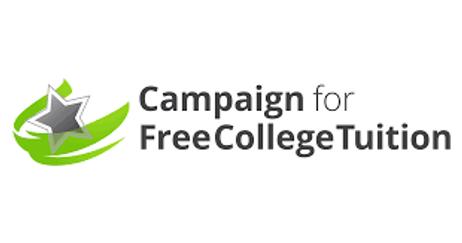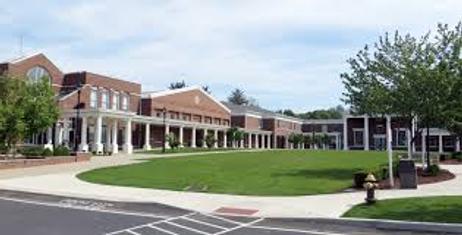Could being social and involved on your community college campus lead to better grades? According to the Community College Survey (CCS), there is an inherent link between student involvement and academic performance.
Based on the CCS, student involvement in campus opportunities lead to better learning and academic performance. While many school leaders are devising new ways to increase student participation, community college students should be self-motivated to become more involved in the full collegiate experience.
Benefits of Engaging in Campus Opportunities
According to researcher Christopher Chaves of Community Colleges Los Angeles, the earlier a student engages in campus participation, the better the results. For example, nearly all community college students who participate in a freshman orientation program tend to hold greater retention rates, complete their degrees, and earn overall higher grades than individuals who did not participate in orientation.
Furthermore, according to the investigation, four local North Carolina community colleges revealed: “that involvement in a freshman orientation course improved student performance regardless of race, age, gender, major, employment status, or entrance exam scores.”
Studies support that community college students utilizing campus opportunities tend to experience greater developmental benefits than those who do not participate in such venues.
What Else Students Can Do: How to Get Involved
Utilize Academic Support Centers
According to Chavez, students who take advantage of campus-wide learning centers tend to experience greater academic benefits and performance results. Whether you are struggling with a specific topic or simply want to be fully






















